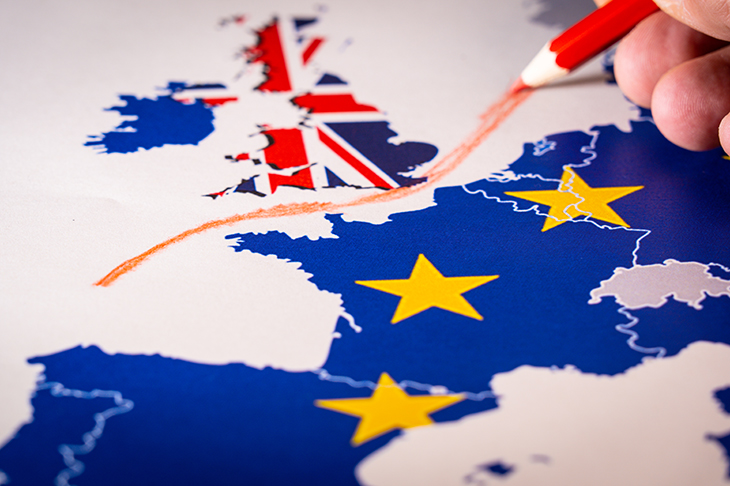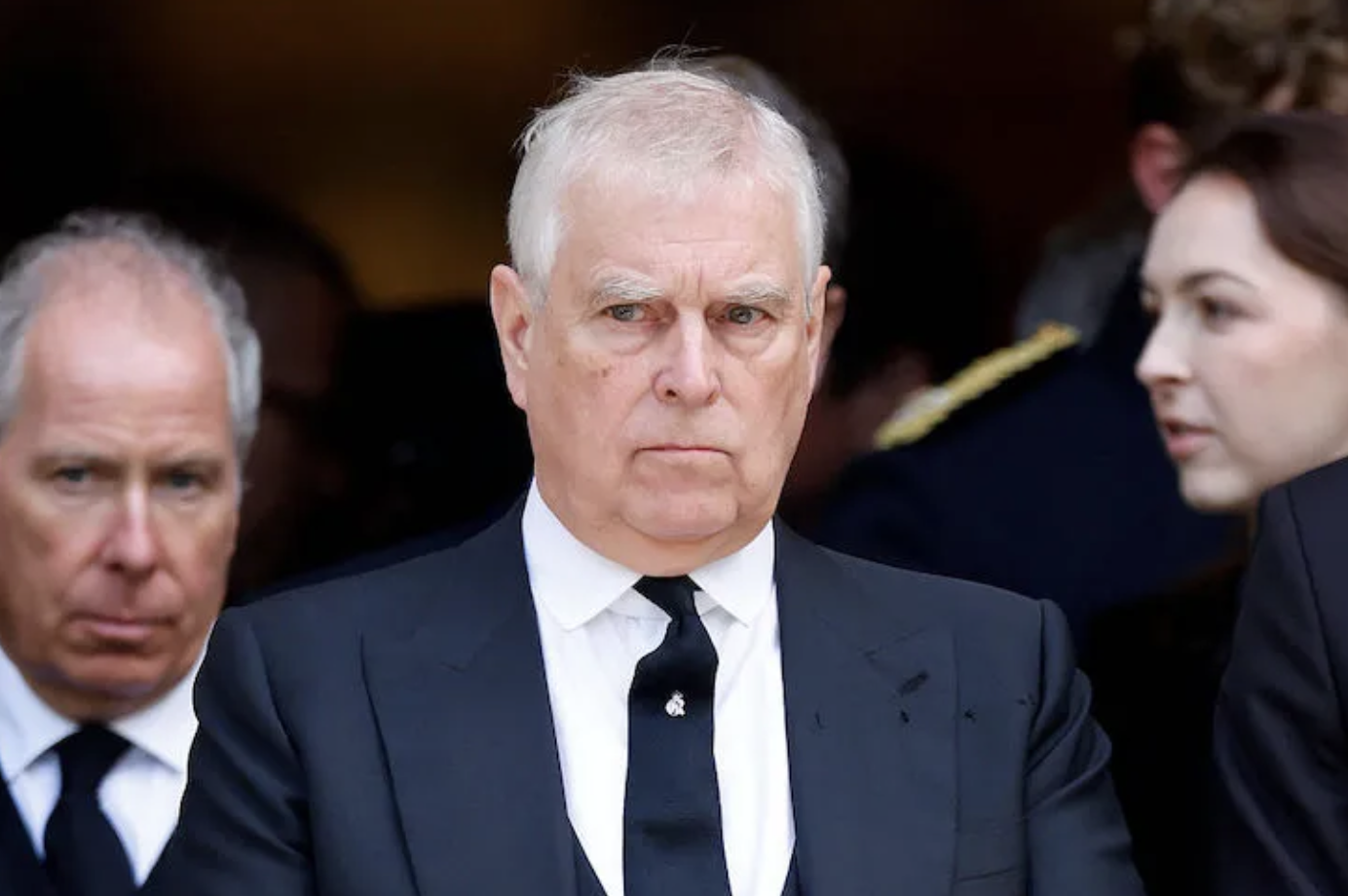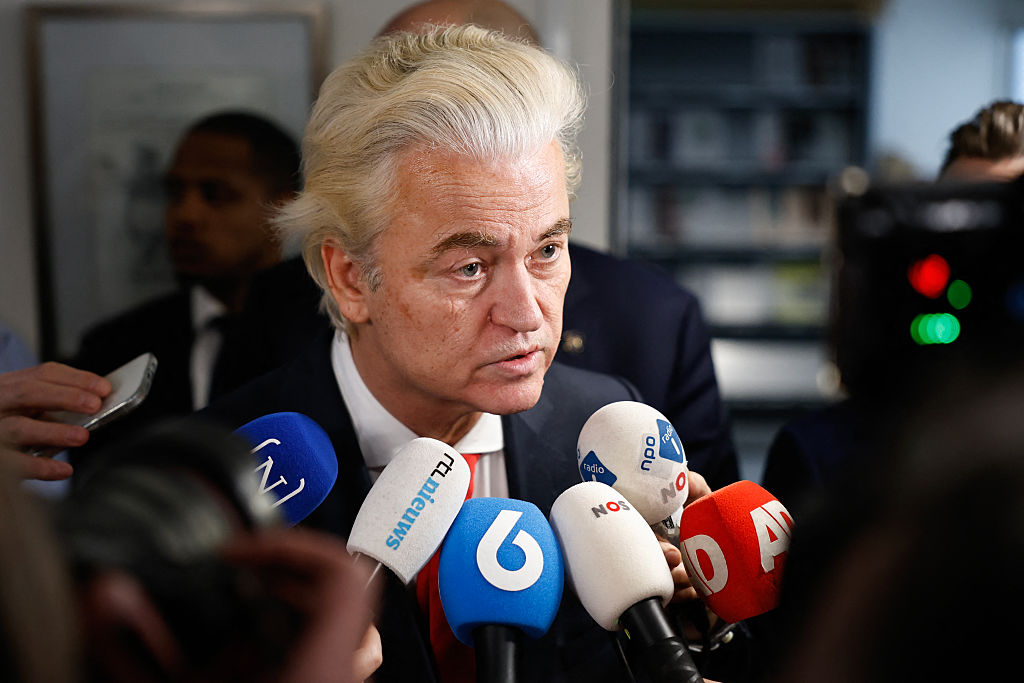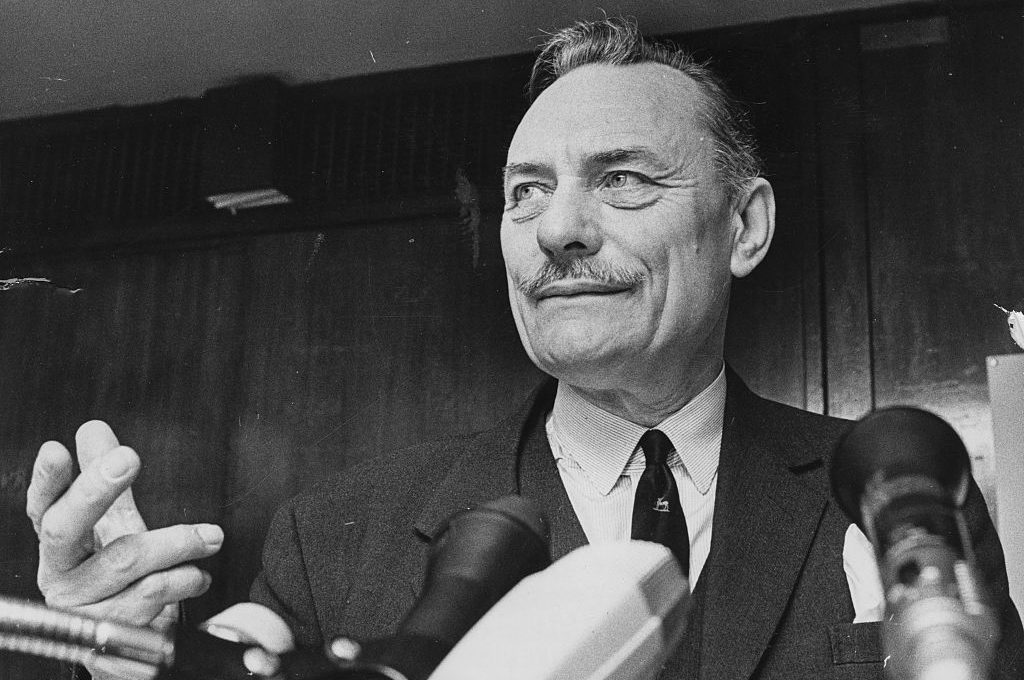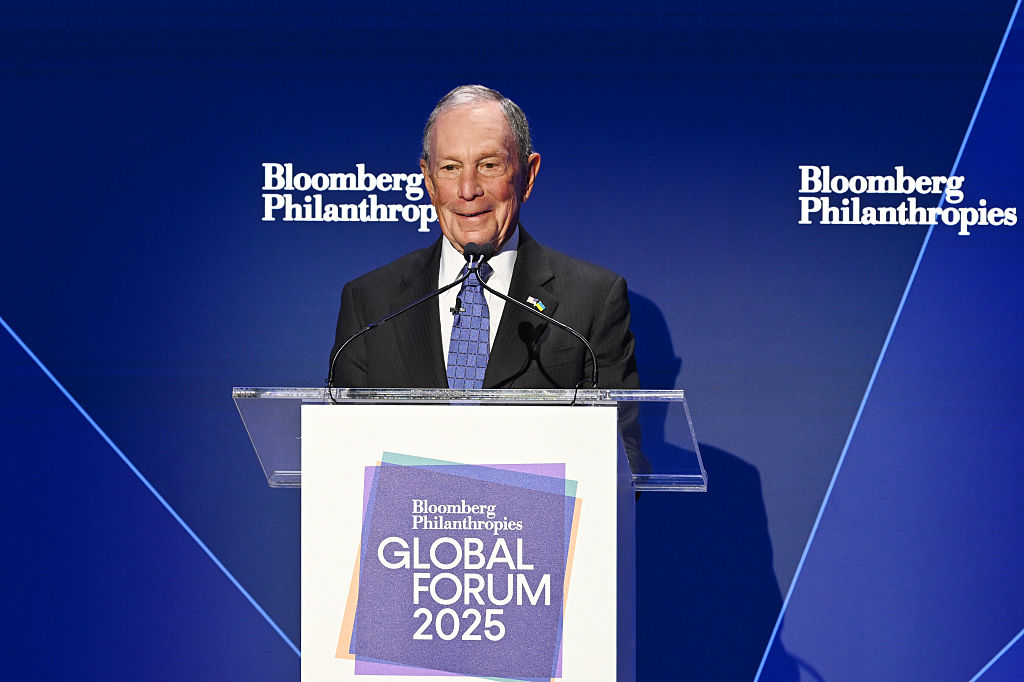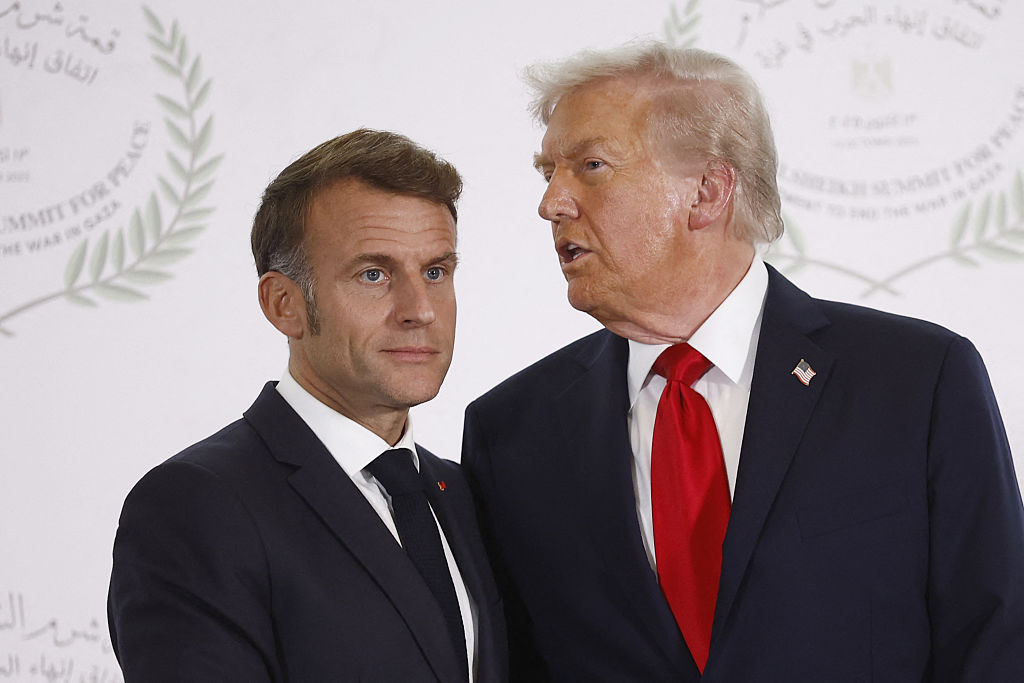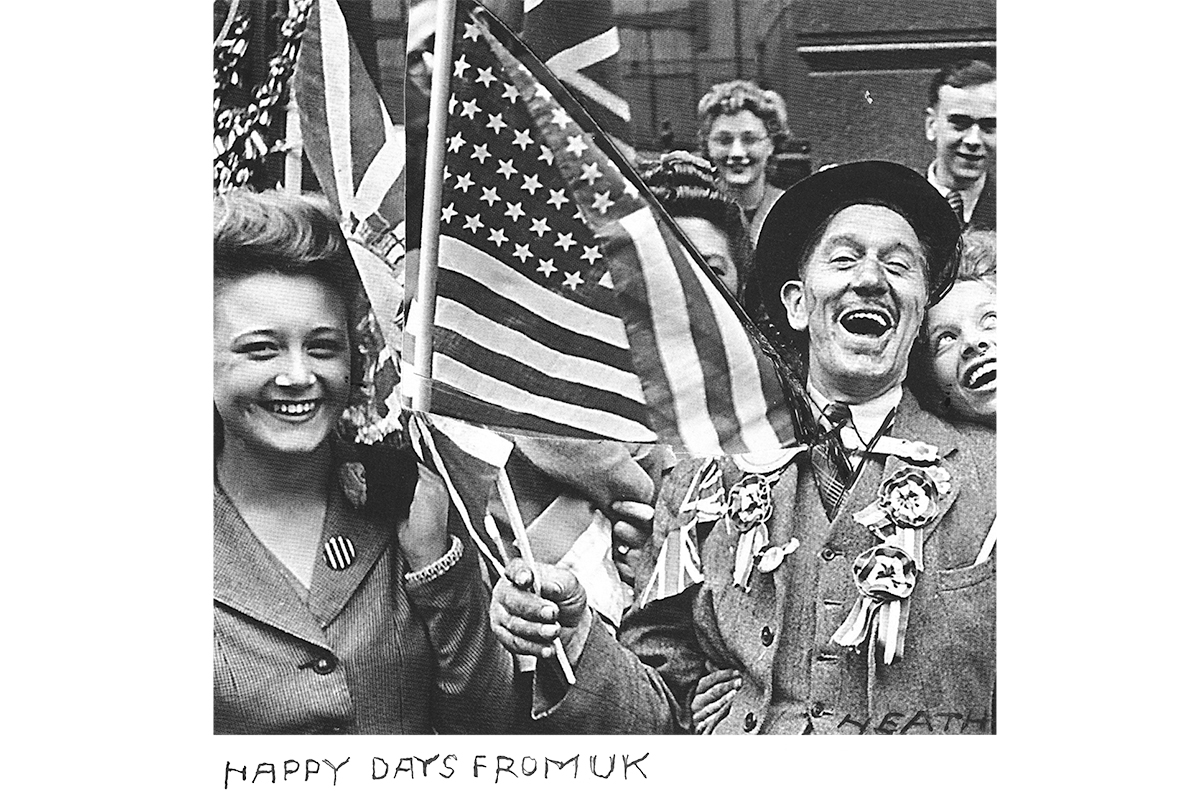The conviction has been spreading among French people in recent days that les Britanniques have just elected Donald Trump. The papers are filled with meditations on British anxieties over lost empire, descriptions of Boris Johnson’s hair and the wildest speculations about what he might do as prime minister. Every squib about European overregulation that Johnson wrote during his stint as a Brussels correspondent for the Telegraph in the 1980s and 1990s has by now been vetted, stripped of its humorous intent and found wanting. Johnson exaggerated the threat of European regulations to prawn cocktail-flavored potato chips! Nowhere did he cite a single EU directive banning the large-sized condoms that an Englishman requires!
Though Johnson’s arrival is supposed to mark a new era in relations with the continent, EU Commission President Jean-Claude Juncker and other Brussels leaders are acting as if he has trampled on expectations. Le Figaro noted their objections, for instance, to ‘the manner in which he assembled his cabinet’. Europeans have grown so used to at least a consulting role on every continental decision, from Hungary’s immigration policy to Italy’s budget to Greece’s choice of leader, that it has become a prerogative.
Where do such attitudes come from? It is partly that most European newspaper readers and TV viewers are exposed to no pro-Brexit sentiment. Brexit gets explained to them by British people who hate it. So as Boris came to power, El País in Madrid published Timothy Garton Ash’s thoughts about how Jo Swinson betokened a ‘strange rebirth of liberal England’. The Roman daily La Repubblica obtained an exclusive interview with Tony Blair. ‘He won’t succeed in breaking the unity of the EU on Brexit,’ the former prime minister reassured readers. ‘That would be too great a humiliation for Europe.’ Blair helpfully put matters in an Italian context by saying that Johnson’s populism was more ‘dangerous’ than that of Matteo Salvini, the interior minister who leads the anti-immigration Northern League party, more dangerous even than that of Donald Trump.
By contrast, it has been under-appreciated how balanced and interesting much German coverage of Brexit has been. Jochen Buchsteiner of the Frankfurter Allgemeine Zeitung wrote a short, sympathetic book last year about ‘Britain’s flight from the European utopia’. And on Tuesday the German historian Götz Aly cautioned readers against comparing Johnson and Trump: ‘A similarity in hair color is really not sufficient grounds for judgment,’ he said. Germany, in Aly’s view, was taking Brexit in its stride, but Francophone Europe was not. For diplomats such as Frenchman Barnier and Luxembourgeois Juncker, Johnson’s resolve was reviving bad memories of Agincourt and Waterloo, and threatening their interests too. ‘If, like Luxembourg, you want to protect your own very lucrative low-tax financial sector,’ Aly wrote, ‘you’re not going to be too upset about difficulties for the competition in London’.
In Johnson’s first days in power, Europeans were chuckling at his declared willingness to pursue a no-deal Brexit. They were certain he was bluffing. ‘Listen, Johnson is not a kamikaze,’ wrote La Repubblica correspondent Antonello Guerrera. ‘This the Trump tactic of attack-and-negotiate.’ But this view has not survived early polls which show a Johnson bounce.
Two things, basically, have begun to change Europeans’ minds. The first is the way Johnson has staffed his government — at every level. It is not just his choice of Dominic Cummings to manage Brexit itself. It is also the promise to parliament that ‘under no circumstances’ will Johnson appoint a new UK commissioner to the European Union. This is a burning of ships. So is the promise to hire 20,000 police, who will (Johnson proposes) be empowered to practice stop and search, which has been anathema to the EU Court of Justice.
It is Cummings, however, who has caught the imagination of European journalists. For Dagens Nyheter, Sweden’s bien pensant paper of record, his hiring is evidence that Johnson is ‘making a high-stakes gamble with the future of his country’. It was Cummings who organized the Vote Leave campaign around ‘negative messages’ such as — just imagine — ‘anger with the EU’. The leftist Paris daily Libération, meanwhile, blames Cummings for a highly complicated strategy of rejecting the Irish backstop negotiated between civil servants and Barnier, in order to produce a ‘pseudo-intransigeance’ on the part of Europe that would be used as a pretext for a no-deal Brexit.
It is, of course, much simpler than that. But at least now we are at the heart of the issue. For all their fascination with Brexit, continental Europeans have no time for the nitty-gritty. Juncker and Barnier might be counting on a £39 billion ‘divorce payment’, but the average Parisian or Berliner doesn’t know what it’s about, beyond Boris’s hair.
That is changing. Since Johnson’s arrival the backstop has moved to the center of Europe’s understanding of the process. Until now, continental Europeans understood the backstop in a formulaic, pro-EU way. The Milanese daily Corriere della Sera has a London correspondent, but it chose to focus on Dublin, to which the EU’s mission civilisatrice has thankfully brought ‘abortion, divorce and same-sex marriage’. Its correspondent asked the essayist Fintan O’Toole about the border’s devilish complexity: ‘There are 280 almost invisible border crossings between Ireland and the North,’ O’Toole explained. ‘What will happen if we don’t find an acceptable solution?’ One might respond that, if the crossings are ‘almost invisible’, there won’t be much to solve, since there’s not likely to be much movement of people or goods through them.
Johnson had an even better tack. In his first Westminster address he reframed what the backstop was: ‘No country that values its independence and, indeed, its self-respect could agree to a treaty that signed away our economic independence and self-government, as this backstop does.’ Self-respect is exactly right. The backstop is not the only problem with the withdrawal agreement, but to foreigners, it was the part that stuck out like a sore thumb. How could any country agree to that? It was more than a concession. It was a humiliation. It required Britain to surrender political control over parts of its territory in ways it could not recover — ever — unless the EU gave permission. It left Britain with less sovereignty than it had before it voted for independence.
The moment that was admitted, the backstop could not possibly remain. The whole logic of it broke down. Now, suddenly, it was the Irish prime minister Leo Varadkar who was under pressure. Is the EU going to demand sacrifices from its member countries to push an illogical plan that only one of its tiniest countries wants? Actually, does Ireland want the backstop? Does it want to risk cutting off its second-largest export market? Estimates are that a no-deal Brexit would cost the Irish three points of GDP. In a poll for Dublin’s Sunday Independent, fewer than half of Irish people were ‘satisfied’ with Varadkar’s strategy on Brexit.
Varadkar warned that a no-deal Brexit would make Irish unification more likely. On the same principle you could just as easily argue it would lead to British unification. The common thread of everything Ireland has done in the past ten years has been to leave behind its paired obsessions of national unity and national culture. Clearly Ireland now wishes to be brought under the moral tutelage of more modern, more secular, more capitalistic powers. London is a more logical and convenient choice for that role than Brussels. This would require forgetting a lot of history, but of course forgetting history is what ‘European values’ are all about.
Johnson’s first week has clarified what the past three years have meant. Brexit negotiations under Theresa May were intended to short-circuit Brexit. Wolfgang Münchau of the Financial Times looks to be correct when he says that May’s end run of the Brexiteers in her own party was, in effect, the best chance Remainers were going to get. ‘Remainers should have taken the deal,’ he wrote on Monday. ‘It would have ensured a close relationship with the EU while keeping the option of re-joining in the future open. A no-deal Brexit closes it for a generation.’
Brexiteers felt betrayed and misled by May. Her power to negotiate came from the mandate in the Brexit referendum, which she misinterpreted. She misrepresented to the public what she was agreeing to with Barnier. She opted for the backstop to lock her citizens into something they would never have consented to.
And now the Europeans have reason to feel led astray, too. Had May resisted the European hardliners, as a normal adversarial negotiator would have done, a compromise might have resulted that would have won approval in Westminster.
But by getting pulled all the way over to the EU side, she left everyone in a new position. For her own countrymen, a situation where leaving lock, stock and barrel became the most sensible-looking way to honor the referendum. For the EU, a confrontation summed up best not by Boris Johnson but by Iain Duncan Smith: ‘The days of supplication are over.’
This article was originally published in The Spectator magazine.



